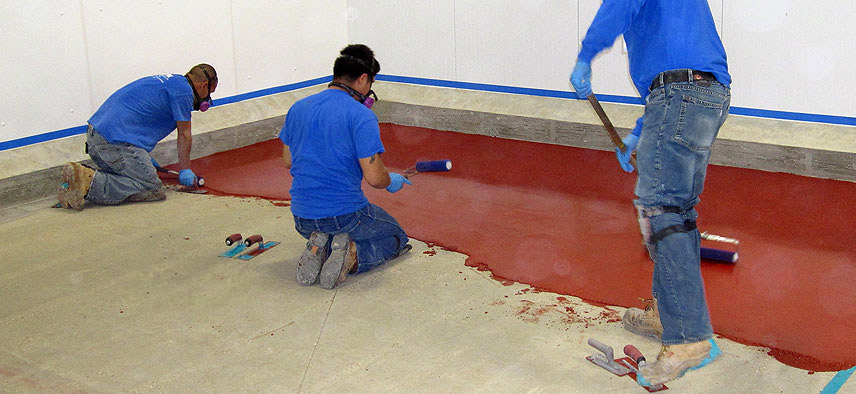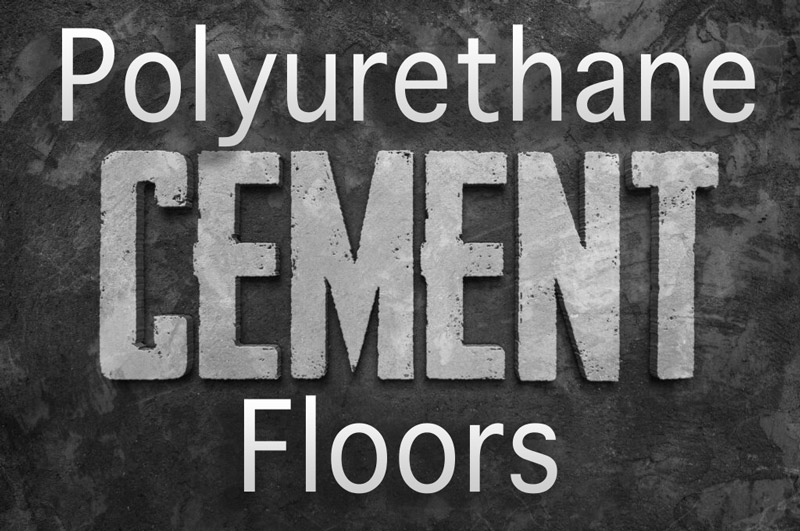The Ultimate Guide to Polyurethane Cement Floors: Unveiling Durability, Design, and Functionality
Welcome to this comprehensive guide on polyurethane cement floors, which is the best in durability and design for industrial and commercial settings. Discover why polyurethane cement is preferred, offering unmatched resilience, chemical resistance, and customisation options.
1. Introduction to Polyurethane Cement Floors:
Polyurethane cement floors are a groundbreaking, durable flooring solution that is resistant to harsh conditions. Comprising a unique mix of polyurethane and cement, these beautiful and protective floors outperform traditional flooring options, making them a go-to solution for demanding environments.
2. Advantages of Polyurethane Cement Flooring:
Durability and Strength: Polyurethane cement floors deliver unparalleled strength and longevity, making them a wise investment for areas with high foot traffic or heavy equipment.
Chemical Resistance: Designed to withstand exposure to acids, alkalis, and various chemicals, polyurethane cement is the ideal choice for industries prioritising chemical resistance.
3. Applications in Industrial and Commercial Settings:
Food and Beverage Industry: Polyurethane cement’s seamless and hygienic properties make it a perfect fit for food processing facilities, ensuring a clean and safe environment.
Manufacturing and Warehouses: Its durability and load-bearing capacity make polyurethane cement a top choice for manufacturing plants and warehouses where heavy machinery is used.
4. Design and Customisation:
Colour and Texture Options: Explore the design versatility of polyurethane cement with a broad range of colours and textures, allowing businesses to tailor their floors to match their aesthetic preferences.
Logo and Pattern Incorporation: Take customisation to the next level by incorporating company logos or specific patterns, adding a unique touch to the industrial or commercial space.
5. Installation Process:
Surface Preparation: Proper surface preparation is crucial for a successful installation. Diamond Grind ensures a clean and well-prepared surface before moving on to the application process.
Application Process: We Follow a step-by-step process for the installation. We are meticulous about everything from mixing the components to pouring and finishing the polyurethane cement floors. Many factors are involved in applying polyurethane cement, and we don’t recommend a DIY approach. It is a specialist task.
6. Cost Considerations and Return on Investment:
The initial costs of polyurethane cement are generally higher than other flooring options; however, the long-term savings and return on investment due to its durability and low maintenance requirements are easy to see.
7. Maintenance and Cleaning Tips:
Regular Cleaning Practices: A regular maintenance routine is advised to keep polyurethane cement floors clean and well-maintained. Daily or weekly cleaning, depending on the level of traffic, helps prevent the accumulation of dirt and contaminants. Additionally, prompt cleaning of spills is important to help prevent stains and maintain the floor’s chemical resistance. Regular maintenance can include sweeping or vacuuming to remove loose dirt and debris, followed by damp mopping or hosing with a pH-neutral cleaner.
Repairs and Resealing: This is occasionally required if a floor is subject to a traumatic impact or severe wear. At Diamond Grind, we do this type of work with skill and precision.
A final few thoughts:
Polyurethane cement floors are a testament to the perfect fusion of durability, design, and functionality. Consider this flooring option for your industrial or commercial space, and experience the unmatched advantages that polyurethane cement brings to the table.
Here at Diamond Grind commercial and industrial flooring we use products of proven quality from Hychem, EpiMax , Flowcrete, Masterbuilders and other top suppliers. Contact us, as we are happy to give you personalised help with your perfect floor solution.

✅ Let's Talk — DiamondGrind
100% free consultation — no commitment required.
